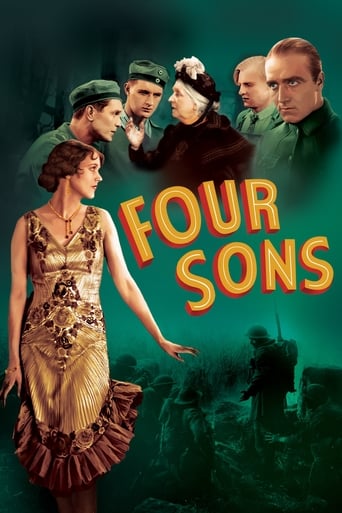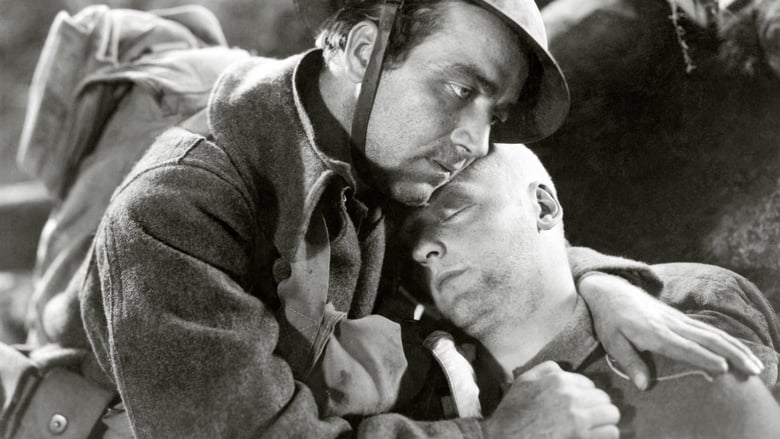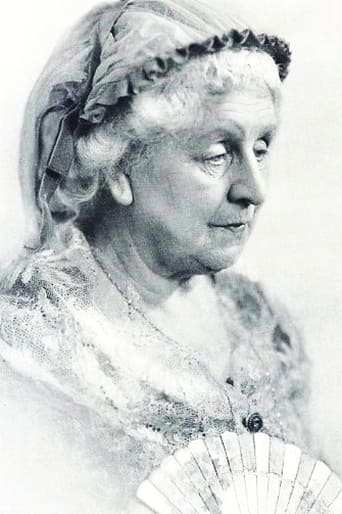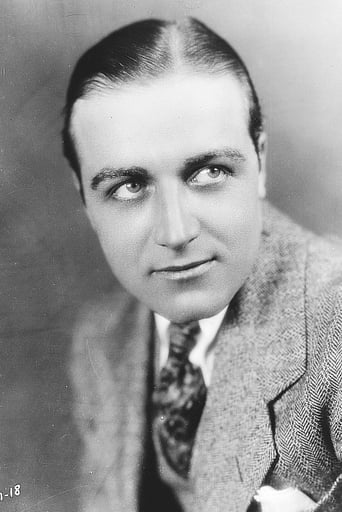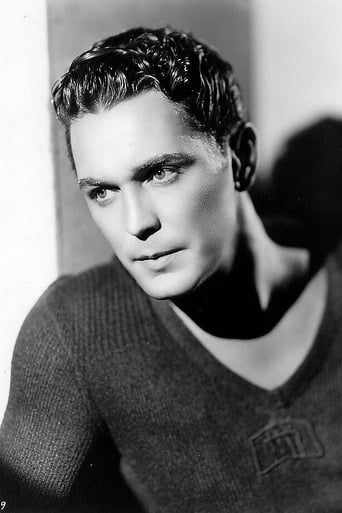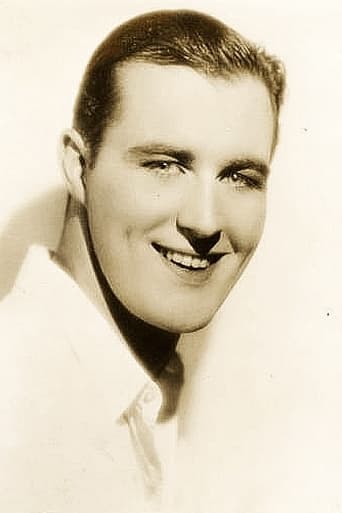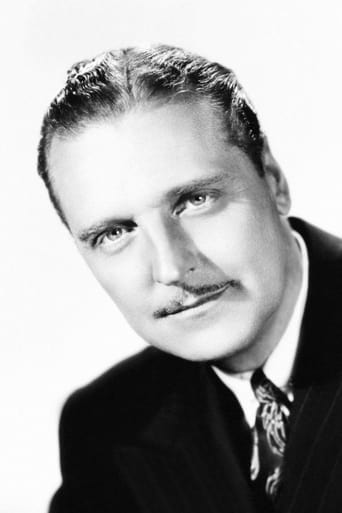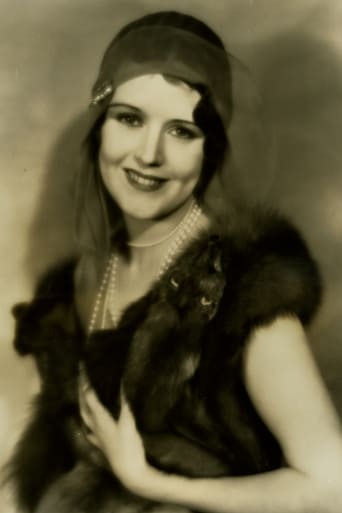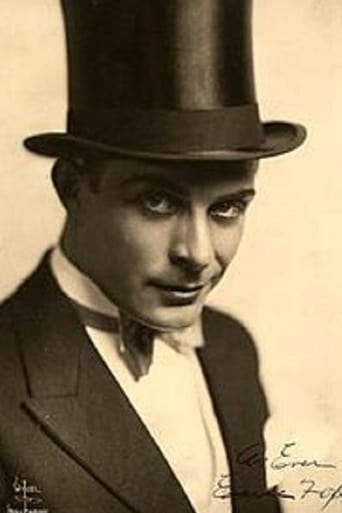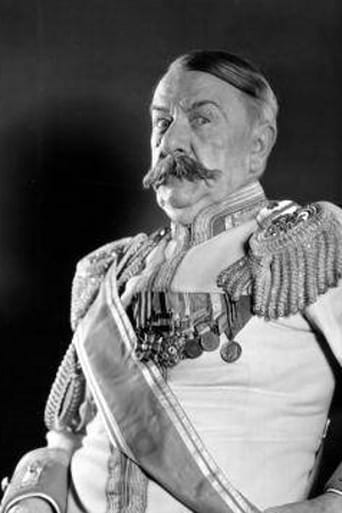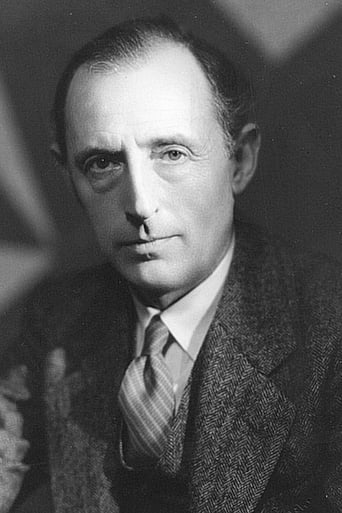A family saga in which three of a Bavarian widow's sons go to war for Germany and the fourth goes to America, Germany's eventual opponent. Preserved by the Academy Film Archive in partnership with L'Imaginne Ritrovato and Twentieth Century Fox Film Corporation in 1999.


Similar titles
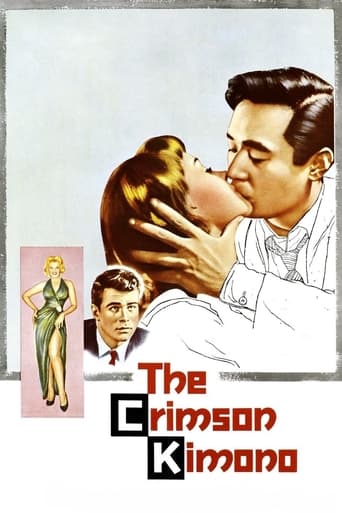
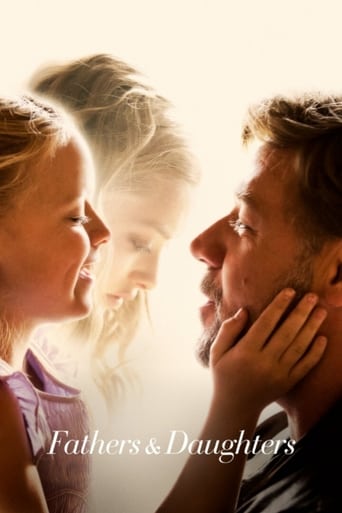
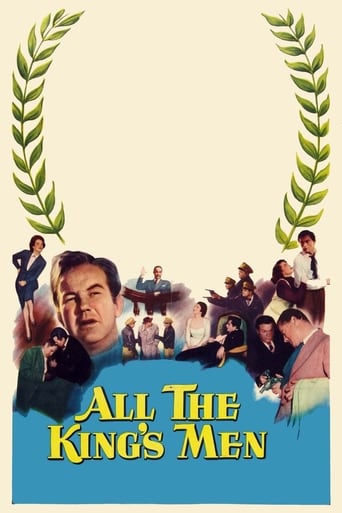
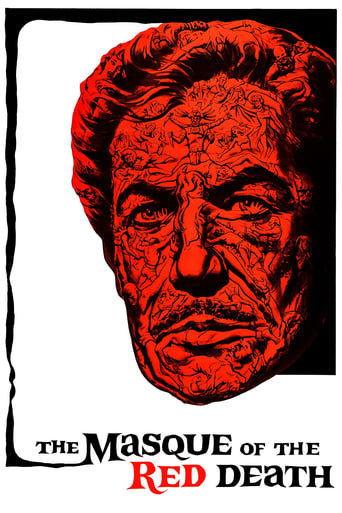
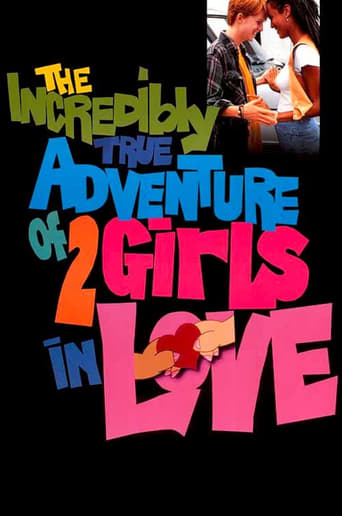

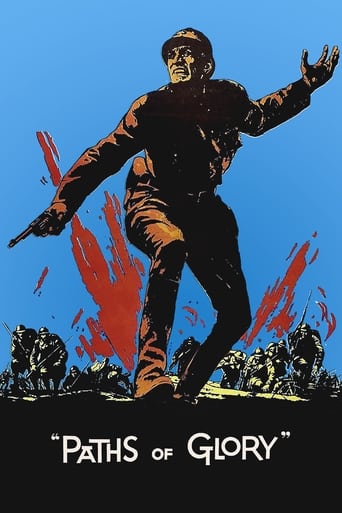
Reviews
Expressionist cinema hit Hollywood in a big way in the mid twenties. With the release of such European masterpieces as Fritz Langs' "Metropolis", Mauritz Stiller's "The Saga of Gosta Berling", Murnau's "The Last Laugh" and "Variety" and of course "The Cabinet of Doctor Caligari", Hollywood became very self conscious and, for a time turned to Europe for inspiration. No studio embraced this exciting new cinema more than Fox studios - William Fox signed F.W. Murnau and gave him a free reign to direct the film "Sunrise". Even John Ford, who was heavily influenced by D.W. Griffith, changed and slowed down his style in "Four Sons" to match Murnau. Sets of the small village in "Sunrise" were re-used for the New York sequences in "Four Sons". The script was also taken from a "stream of consciousness" screen treatment by an uncredited Herman Bing.This movie is slow and sentimental (but in a nice way), telling the story of Mother Bernle and her four sons - Frans (Ralph Bushman), a soldier, fun loving Joseph (James Hall), Johann (Charles Morton), a blacksmith and Andreas (George Meeker), a goat herd. The mood is instantly darkened when Major Von Stromm gets off the train - uniforms not buttoned correctly and stray animals are a source of irritation to him. Joseph, who is yearning to go to America, also falls foul of him for dropping hay from a wagon. That night there is a big birthday celebration for Mother Bernle - the last piece of happiness before the war comes.Joseph, with money his mother has given him goes to America but even though his letters are full of his new family and the store he now manages, he can never forget the indignity he suffered at the hands of Von Stromm and as soon as America enters the war he enlists. For once adding dialogue to a silent film gives "Four Sons" one of it's most powerful moments, when in the trenches, Joseph hears a soldier calling "Mutterchen" - "little Mother" and when he goes to his aid, finds it is his brother, Andreas, dying. After this the film slips into triteness - instead of finishing with the mother's reunion with Joseph, there is about 20 minutes of the mother's efforts to pass an English exam to migrate to America, her problems at Ellis Island (she is made to look like a naughty schoolgirl as she attempts and fails to recite the alphabet) and the "lost in the big city" scene, where a kindly policeman directs her to Joseph's home. I think the film would have been more heartfelt without the last part.Frans - Ralph Bushman - Francis X. Bushman's son, this was probably his most prestigious film and his name was usually found down the cast list. Johann - Charles Morton was a leading man of the late silents/ early talkies but by the mid 30s his career had fizzled out.Andreas - George Meeker - "Four Sons" was the first in a long career that stretched to the early days of TV. For me his most memorable role was as Sidney Fox's straitlaced fiancé in "Strictly Dishonorable" (1931).Joseph - James Hall, in 1928, had the film world at his feet (he was yet to star in "Hell's Angels"). He was a great bet for film stardom but booze got in the way. By the time he made "Millie" he looked bloated and old (he was only 31) and he made his last film in 1932.Highly Recommended.
Other than The Iron Horse we rarely see John Ford's silent films. But in viewing Four Sons we can certainly spot a lot of stylistic traces and themes that mark Ford's more well known sound films.Before The Iron Horse Ford was a director of Grade B westerns mostly starring Harry Carey. After The Iron Horse Ford started doing other kinds of films. A story with a German setting one might think would be unusual for Ford, but you examine it closely this film is as sentimental as any of his Irish films. And Margaret Mann who played the mother of the Four Sons was a harbinger of such later mother characters in Ford films as Olive Carey, Irene Rich, and the grandmama of them all, Jane Darwell.Watch also how Ford handles the military sequences in both the German and American settings. The cultural differences are there, but the military way is universal. John Wayne is listed in a bit role as an Officer and I think I spotted him during a scene at a railway station where a particularly nasty Teutonic major played by Earle Foxe. Wayne I believe is one of his aides.The story is a simple one Margaret Mann is a widow with four grown sons in a village in Bavaria. The sons are James Hall, Charles Morton, Ralph Bushman, and George Meeker. Hall has been in communication with a friend in America urging him to emigrate from Germany and he does. Hall does achieve the American dream, opening a successful business, marrying June Collyer and giving Mann her first grandchild. Then World War I comes and that's the rest of the story as Paul Harvey used to say.Four Sons holds up well even after 80+ years. Mann's trials and tribulations as a mother certainly is a universal theme. And the ending is as happy and sentimental one as John Ford ever devised in any of his films.
Sentimental, but not mawkish, the early John Ford silent, "Four Sons," is a well made film that exemplifies early 20th century values. The four sons of a Bavarian widow are swept up in the events of World War I. Three of the boys fight for the Kaiser, while the fourth, who had emigrated to the United States, is on the opposite side. The screenplay does not dwell on politics, although the German officers have villainous characters, and the American son chastises an employee for advocating war, because "America is neutral." Most of the action takes place in a small village in Bavaria, and the unspoken message is that ordinary Germans are as kind and feeling as people everywhere.Despite a predictable storyline, the performances avoid the "grand style" that gave silent acting a bad name. Made in 1928 at the apogee of the American silent era, John Ford's direction is solid, and the film foreshadows his adaptation of "How Green Was My Valley" more than a decade later. Certainly the two strong mothers who suffer the absence of their sons have much in common. If John Ford had not directed "Four Sons," the film could have been largely forgotten. Plot holes abound, and coincidences occur that "only happen in the movies." However, the film is a good example of popular entertainment in the late silent era, and modern audiences will likely be engaged, especially students of Ford and those with an affection for silent movies.
A huge, huge hit in 1928 and the winner of the Photoplay Medal of Honor (a fan-chosen award that was very big then), this soap opera actually offers little that you wouldn't have seen in an earlier and more powerful hit, The Four Horseman of the Apocalypse. (Except the village sets-- you saw those in Sunrise.) It's a similar saga about a family whose members wind up on opposite sides of the big war (WWI); only after the war ends does the story take a new direction, when the mother comes to America to visit the son who moved there. These scenes, though somewhat manipulative (the mom gets lost at Ellis Island and winds up on a subway car in the city-- a neat trick if it didn't involve ever being on a boat), are the most moving parts of the movie.
